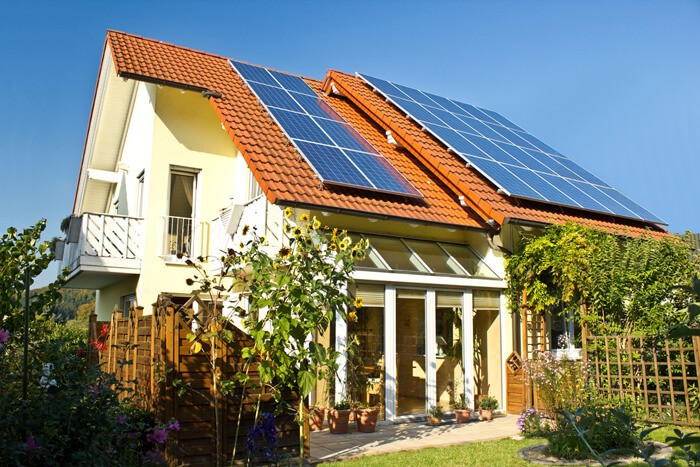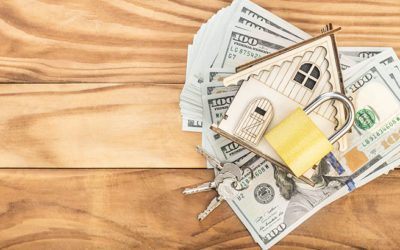Green Matters in Real Estate!

Your clients want to hear more about green real estate and why it matters, surveys show.
Whether they’re first-time buyers or existing homeowners, consumers are showing more desire to learn more about environmental matters in housing.
Indeed, 61 percent of homeowners have researched energy-efficient improvements, according to the Bank of America Homebuyer Insights Report. Eighty-six percent of homeowners say they have some type of energy-efficient product in their home.
And it’s not just a young generational thing. That same study shows that 93 percent of seniors say they have energy-efficient products in their home compared to 78 percent of millennials.
Indeed, more than half of REALTORS® say that their consumers are showing a greater interest in real estate sustainability issues and practices, according to NAR’s REALTORS® and Sustainability report, which stems from NAR’s new sustainability program. More multiple listing services are adding data fields to spotlight a property’s green features as well.
The green home features REALTORS® say their clients are showing the most interest in involve a home’s efficient use of lighting; a smart or connected home; green community features, such as bike lanes and green spaces; landscaping for water conservation; and renewable energy systems, such as solar and geothermal.
Housing experts offer up several ways homeowners can be more green with their homes and save money to boot, including:
- Upgrade leaky windows: About one-quarter of a home’s heat loss during colder months is due to the windows and doors. Buying energy-efficient windows can help to improve thermal insulation, preserve energy, and reduce noise and dust in the home, according to Ply Gem, an exterior building product company.
- Insulate walls and attic: An extra layer of insulation will help curb the work that your heating and cooling systems have to do, according to the BofA report.
- Improve the heating system and A/C unit: Air conditioning alone eats up more than 8 percent of all the electricity produced in the U.S. Heating accounts for 30 to 50 percent of annual energy bills and is the largest energy expense in most homes in moderate and cooler climates. A more energy-efficient system can help curb costs.
- Opt for vinyl: Vinyl is one of the most durable, cost-effective solutions for buildings because it’s low maintenance and boasts a long lifespan. It can help save on energy and material costs too, according to the U.S. Green Building Council. Opt for vinyl siding, fence, railing, and windows.

Realtor Mag
Should I Sell My House This Year?
Home sellers are positioned well in this current market due to low inventory. Let’s get together to determine if now is a good time for you to sell.
First-Time Buyers Are Searching for Existing Homes This Year
Let’s get together to determine how we will market the charming details of your current house to potential buyers.
2020 Homebuying Checklist
Make sure to work with a trusted real estate professional along the way, to help guide you through the homebuying process steps specific to your area.
The #1 Reason It Is Difficult to Find Your Dream Home
The headlines in real estate today all revolve around one major point: there is a shortage of homes available for sale.
How Buyers Can Win By Downsizing in 2020
Home values have been increasing for 93 consecutive months, according to the National Association of Realtors.
The 2 Surprising Things Homebuyers Really Want
Here’s a look at the two surprising things buyers seem to be searching for in today’s market, and how they’re impacting new home builds.
Make the Dream of Homeownership a Reality in 2020
Is homeownership on your dream list this year? If so, let’s get together to discuss how you can make that dream come true.
Where Homebuyers Are Heading By Generation
A strong economy and lower mortgage rates have made it easier for many would-be buyers to get into the market.
Housing Inventory Vanishing: What Is the Impact on You?
Reports are showing that 2020 is beginning with the lowest available housing inventory in two years. What does that mean to you?
Homes Are More Affordable Today, Not Less Affordable
Don’t let the false narrative about affordability prevent you from moving forward!









